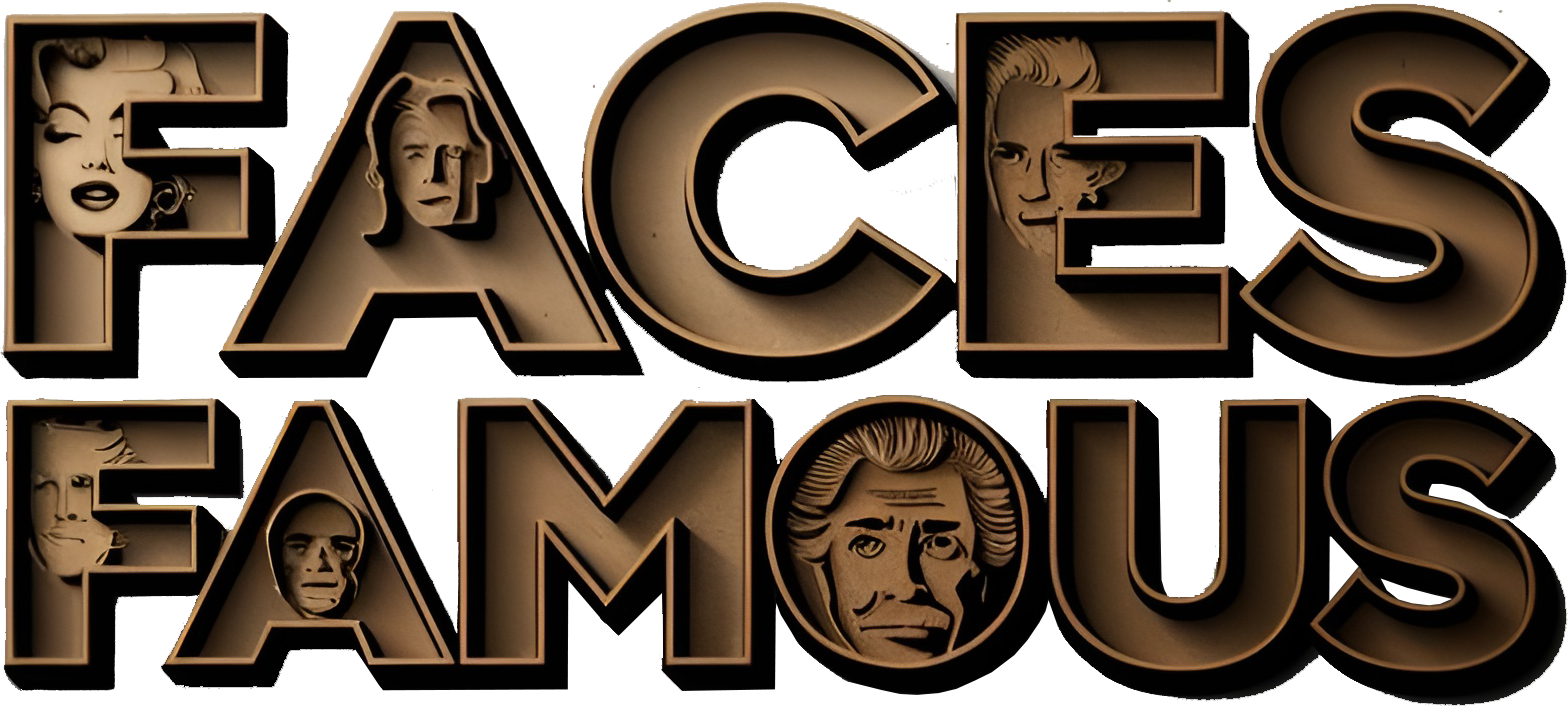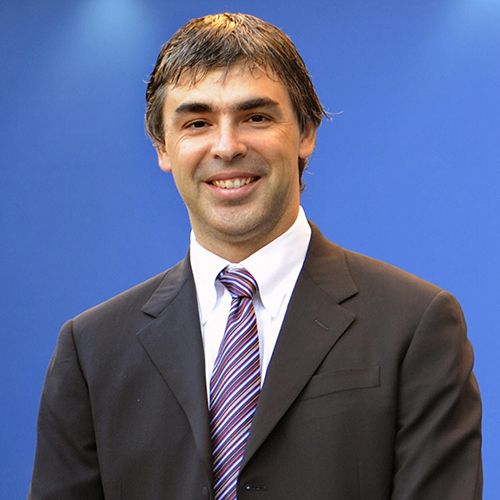Introduction
Larry Page is an influential American computer scientist and internet entrepreneur best known as the co-founder of Google, one of the largest and most successful technology companies in the world. Born on March 26, 1973, in East Lansing, Michigan, Page’s visionary thinking and technical prowess have revolutionized the way we access and interact with information. Along with Sergey Brin, he developed Google’s search engine, which has since evolved into a global technological empire. Page’s leadership, innovation, and ambition have shaped the digital world and solidified his legacy as one of the most important figures in technology.
Early Life and Education
Larry Page was born into a family of academics with deep roots in computer science. His father, Carl Victor Page, was a pioneer in artificial intelligence and computer science, while his mother, Gloria Page, was a computer programming instructor. Growing up in such an environment, Page was introduced to computers and technology at an early age, fostering his interest in innovation.
Page attended East Lansing High School, where he displayed an early passion for technology and invention. He later pursued a Bachelor of Science in Computer Engineering from the University of Michigan, where he also became involved in leadership roles and explored his interests in innovation. During his time at Michigan, Page designed a solar-powered car and created an inkjet printer using LEGO bricks, showcasing his inventive mindset.
Page then enrolled in a Ph.D. program in computer science at Stanford University. It was at Stanford that he met Sergey Brin, a fellow Ph.D. student with whom he would soon create Google. Their shared passion for organizing and improving information access led to one of the most revolutionary breakthroughs in technology history.
Founding Google
In 1996, while still at Stanford, Page began working on a research project that would eventually become the foundation of Google. Page’s doctoral dissertation focused on exploring the mathematical properties of the World Wide Web, particularly the idea of ranking pages based on their link structure. This concept, which became known as “PageRank,” sought to measure the importance of web pages by analyzing the number and quality of links pointing to them.
Page teamed up with Sergey Brin, who was also interested in information retrieval and data mining. Together, they developed a search engine prototype, initially called “BackRub,” which applied PageRank to analyze and rank web pages. This method provided more relevant search results than other existing search engines, which primarily ranked pages based on keywords.
In 1998, Page and Brin officially founded Google Inc. in a garage in Menlo Park, California, with the mission “to organize the world’s information and make it universally accessible and useful.” The name “Google” is a play on the mathematical term “googol,” which represents the number 1 followed by 100 zeros, symbolizing the vast amount of information the search engine was designed to handle.
With initial funding from investors like Andy Bechtolsheim, co-founder of Sun Microsystems, Google rapidly grew. By the early 2000s, it had become the dominant search engine, surpassing competitors like Yahoo! and AltaVista.
Google’s Growth and Expansion
Under Larry Page’s leadership, Google expanded beyond its core search engine. The company introduced numerous products and services that have become integral to daily life, including Gmail, Google Maps, Google Drive, and the Android operating system. Google’s advertising platform, AdWords (now Google Ads), became a key source of revenue, helping the company grow into a tech giant.
In 2004, Google went public, making Page and Brin billionaires overnight. Page served as Google’s CEO from its founding until 2001, when Eric Schmidt was brought in to provide experienced corporate leadership. Page remained actively involved in strategic decision-making, serving as Google’s President of Products alongside Brin.
In 2011, Page resumed his role as Google’s CEO, succeeding Schmidt. During his tenure, he focused on streamlining the company’s operations and pushing it into new technological frontiers, including self-driving cars, wearable technology, and artificial intelligence. Page’s forward-thinking approach helped Google continue to dominate the tech industry.
Founding Alphabet Inc.
In 2015, Page and Brin restructured Google by creating Alphabet Inc., a parent company that would oversee Google and its various subsidiaries, such as YouTube, Google X (the company’s research and development arm), Waymo (self-driving car project), and others. The restructuring allowed Page to step back from the daily operations of Google and focus on long-term, high-impact projects.
Larry Page became the CEO of Alphabet, while Sundar Pichai took over as Google’s CEO. Page’s role at Alphabet allowed him to pursue moonshot ideas, focusing on projects like life sciences, renewable energy, and advanced transportation systems.
Personal Life and Legacy
Despite his immense influence, Larry Page is known for maintaining a relatively private life. He married Lucinda Southworth, a research scientist, in 2007, and they have two children together. Page is also known for his philanthropic efforts, particularly through the Carl Victor Page Memorial Foundation, which supports scientific and environmental causes.
Page’s legacy in technology is undeniable. As one of the co-founders of Google, he has had a profound impact on the way people access information, communicate, and navigate the digital world. Google’s innovations have transformed industries, from advertising to cloud computing, and Page’s vision for a better future continues to shape emerging technologies.
Conclusion
Larry Page’s contributions to the tech world have been nothing short of transformative. His vision of making information universally accessible has revolutionized the way people interact with the internet, while his focus on innovation has led Google and Alphabet to develop groundbreaking technologies. As one of the most influential figures of the digital age, Page’s work continues to impact billions of people around the globe, ensuring his place as a pioneer in computer science and internet entrepreneurship.



